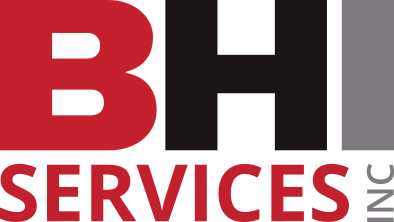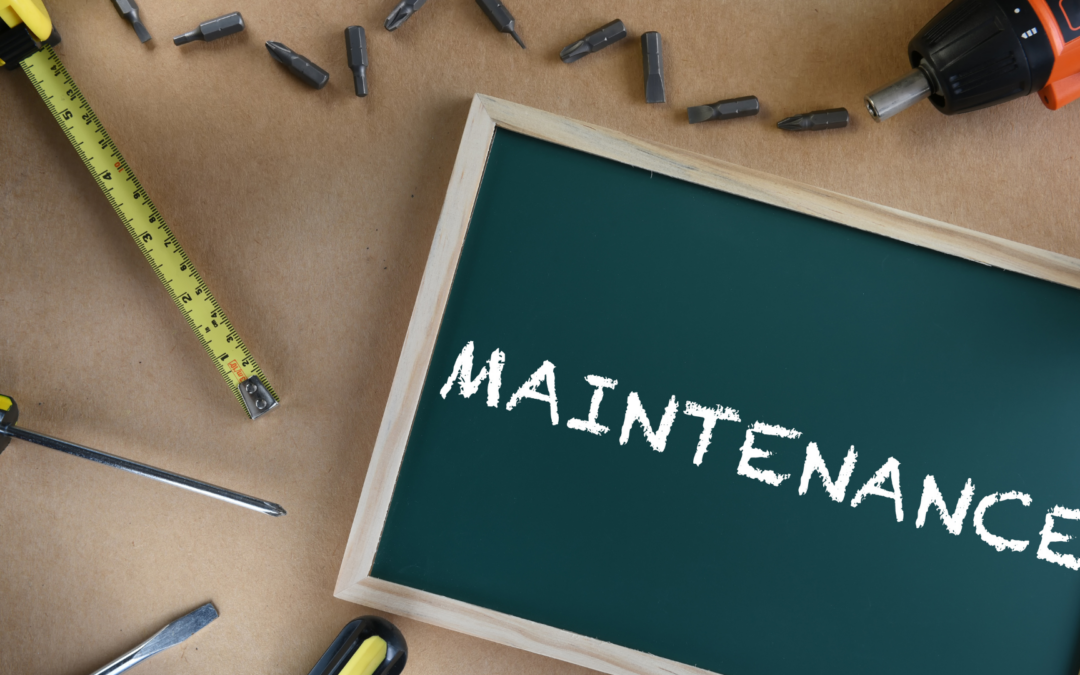Understanding of common property maintenance equipment is essential whether you are a property owner, manager, or maintenance professional. Commercial property maintenance requires the use of various tools and equipment to efficiently and effectively handle a wide range of tasks. In this blog, we will provide an overview of some commonly used equipment in property maintenance.
Hand Tools: Hand tools are essential for a wide range of maintenance tasks. Some common hand tools include:
Screwdrivers: Used for tightening or loosening screws and fasteners.
Hammers: Used for driving nails, securing objects, or light demolition work.
Pliers: Used for gripping, cutting wires, and manipulating objects.
Wrenches: Used for turning nuts and bolts to tighten or loosen them.
Utility Knife: Used for cutting materials like boxes, carpets, or packaging.
Tape Measure: Used for measuring distances and dimensions accurately.
Level: Used for determining if a surface is level or plumb.
Power Tools: Power tools provide increased efficiency and speed for maintenance tasks. Some commonly used power tools include:
Drill: Used for drilling holes and driving screws or fasteners.
Circular Saw: Used for cutting various materials like wood, plastic, or metal.
Reciprocating Saw: Used for cutting through materials, such as pipes or branches.
Angle Grinder: Used for cutting, grinding, and polishing metal or concrete surfaces.
Power Sander: Used for sanding and smoothing surfaces before painting or refinishing.
Power Washer: Used for cleaning surfaces by spraying high-pressure water.
Air Compressor: Used to power pneumatic tools like nail guns or paint sprayers.
Cleaning Equipment: Cleaning equipment is crucial for maintaining cleanliness and hygiene. Common cleaning equipment includes:
Vacuum Cleaner: Used for cleaning carpets, floors, and upholstery.
Broom and Dustpan: Used for sweeping and collecting dust and debris.
Mop and Bucket: Used for cleaning floors and surfaces.
Pressure Washer: Used for deep cleaning outdoor surfaces, like sidewalks or parking lots.
Window Cleaning Kit: Consists of tools like squeegees, microfiber cloths, and extension poles for cleaning windows.
Landscaping Equipment: Maintaining outdoor areas often requires specific landscaping equipment. Some commonly used landscaping equipment includes:
Lawn Mower: Used for cutting grass to maintain a neat and well-manicured lawn.
Trimmer/Edger: Used for trimming grass along edges or around obstacles.
Hedge Trimmer: Used for trimming and shaping hedges or shrubs.
Leaf Blower: Used for clearing leaves, debris, or grass clippings from outdoor areas.
Pruning Shears: Used for cutting and shaping plants, trees, or bushes.
Safety Equipment: Safety should be a priority in property maintenance. Some essential safety equipment includes:
Safety Glasses: Protect the eyes from debris, dust, or flying particles.
Hard Hat: Provides head protection in areas with falling objects or potential hazards.
Gloves: Protect hands from cuts, abrasions, or chemicals.
Safety Vest: Improves visibility and identifies workers in high-traffic or hazardous areas.
Respirator: Protects against harmful fumes, dust, or chemicals.
Conclusion: Having a basic understanding of common property maintenance equipment is essential for property owners, managers, and maintenance professionals. Hand tools, power tools, cleaning equipment, landscaping equipment, and safety equipment are all integral to performing various maintenance tasks efficiently and safely. By familiarizing yourself with these tools and equipment, you can ensure that you have the right resources to effectively maintain your property and address any maintenance needs that arise. Remember to prioritize safety and proper usage of equipment to prevent accidents and injuries during maintenance activities. Always prioritize safety and proper usage of equipment to prevent accidents and injuries during maintenance tasks. By having the necessary tools and equipment at your disposal and understanding their functions, you can ensure that your property is well-maintained, efficient, and safe for occupants and visitors.

